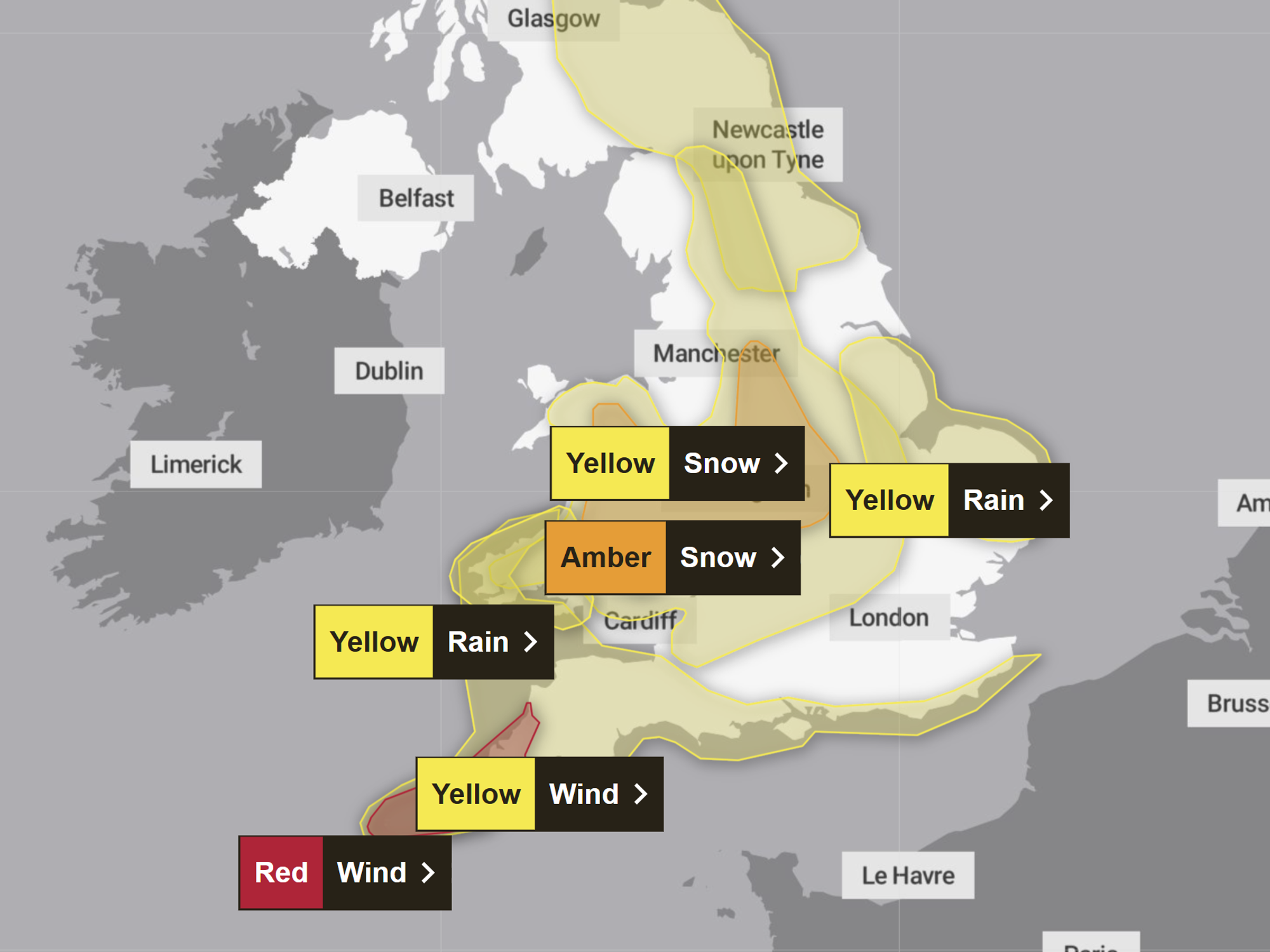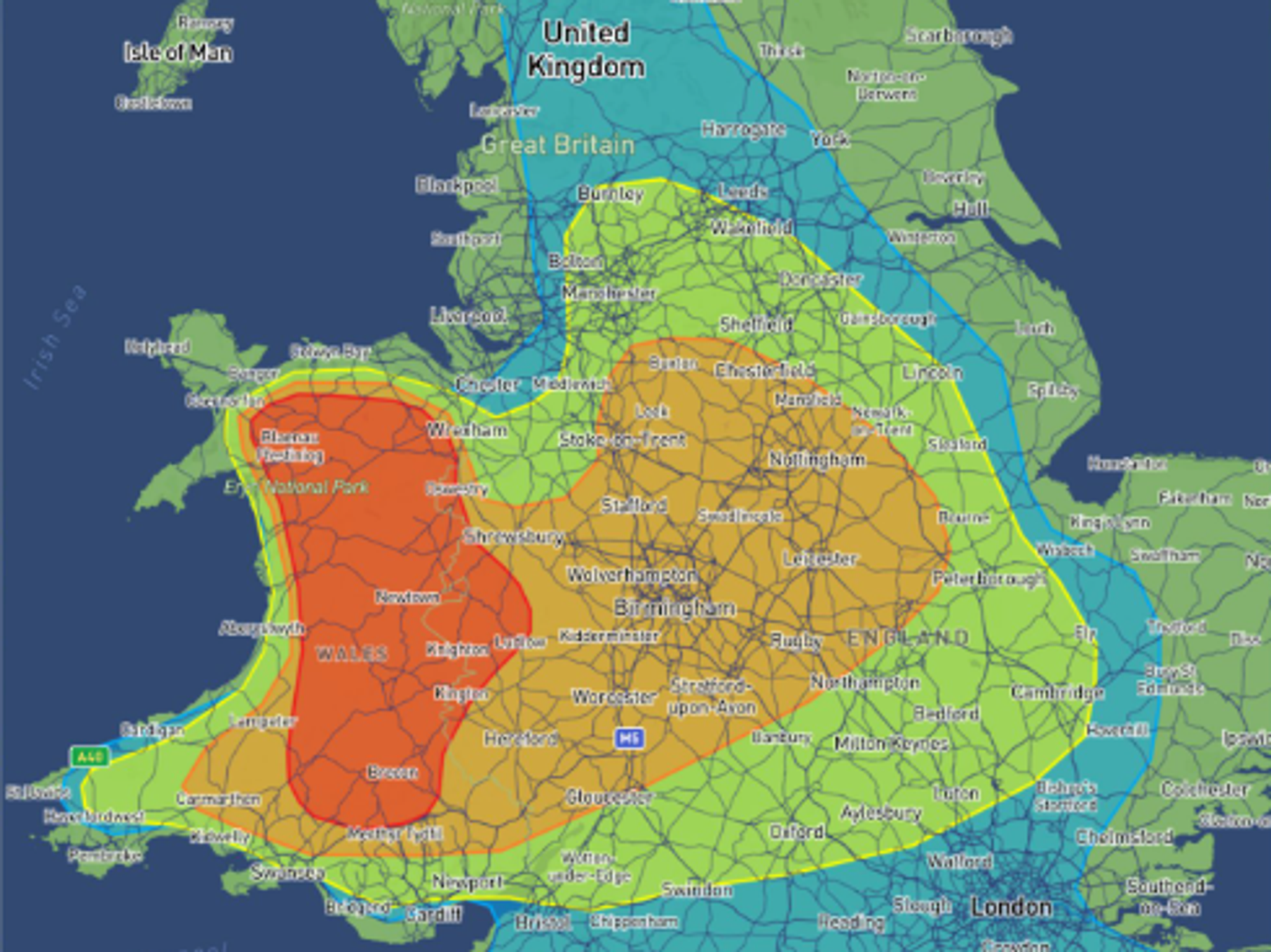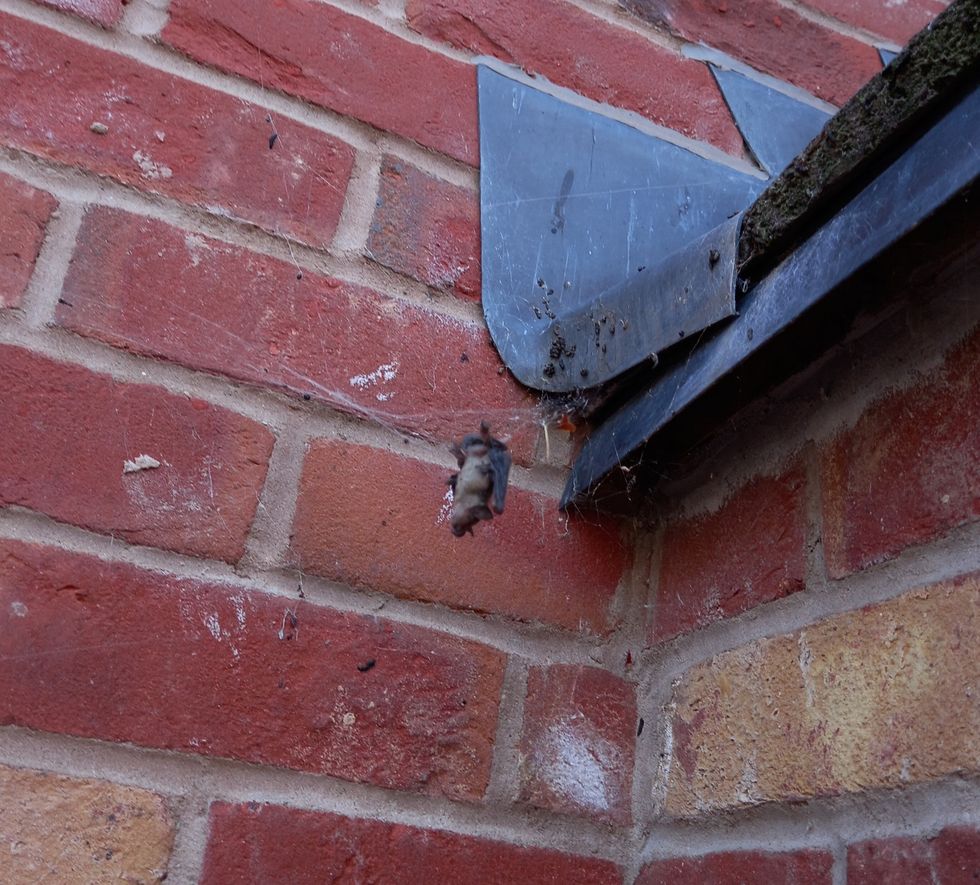Spider found eating bats for first time ever in UK
Scientists were alerted to the incident by a wildlife artist, who witnessed it for himself in the roof of his north Shropshire home on two consecutive days
Don't Miss
Most Read
Latest
A venomous noble false widow spider has been found eating a protected species of bat for the first time ever in the UK.
The study, titled Webslinger Versus Dark Knight, was carried out by scientists from the National University of Ireland Galway and published in the international Journal Ecosphere.
The event is the first time a member of the Theridiidae family of spiders has been recorded on a bat anywhere in the world, or any vertebrate in the UK.
It is also the first time that any species of false widow spider has been recorded preying on mammals.
The study explains how scientists found the false widow feeding off pipistrelle bats.
The incident was discovered by wildlife artist Ben Waddams at his home in north Shropshire, who found bats living in the attic entangled in a spider’s web on two consecutive days and alerted the experts.
The pipestrelle bat was found tangled up in a spider's web in north Shropshire
Ben Waddams
The first bat was completely immobilised by the web, while the second one, a much larger bat, was still alive and was subsequently rescued and released.
Dr Michel Dugon, head of the venom systems lab at the Ryan Institute in Galway, Ireland said: “We have been working on the noble false widow for the past five years, and have learnt a great deal about this species – yet, we are still surprised by its ability to adapt to new environments and make the most of the resources available. It is a truly remarkable species.”
Meanwhile, Dr John Dunbar, Irish research council post-doctoral fellow at the venom systems lab, and lead author of the study, said: “In more exotic parts of the world, scientists have been documenting such predation events by spiders on small vertebrates for many years, but we are only beginning to realise just how common these events occur.
“Now that this alien species has become well established in Ireland and the UK, we are witnessing such fascinating events on our very own doorstep.
“Even other, much smaller, species of false widows are known to capture and feed on snakes and lizards. This study presents yet another example of the invasive impact by the noble false widow on native species. We know they are much more competitive than native spiders, and this further confirms their impact on prey species.”
He added: “Although the spider is present in Ireland for over 20 years, we don’t know how impactful it is on the environment and the ecosystem in terms of competing with native spiders or impact on native prey species.
“That’s important as we are starting to get a better idea and understanding on what prey it can manage.
“In this case, bats being vertebrate, the spider’s venom possess a powerful neurotoxin and this enables this to take down vertebrate prey.
“It makes them much more competitive than the native spiders.
“Some of the studies show that the venom of the noble false widow is significantly more potent than the native spiders."












